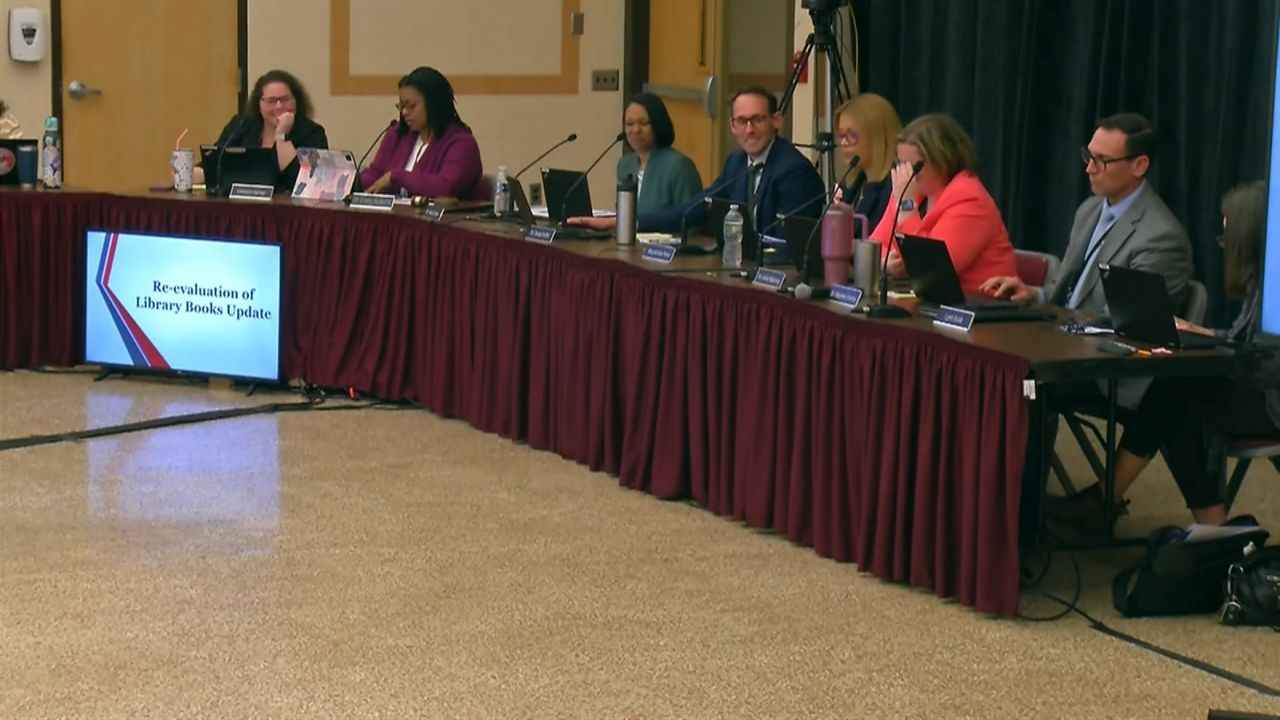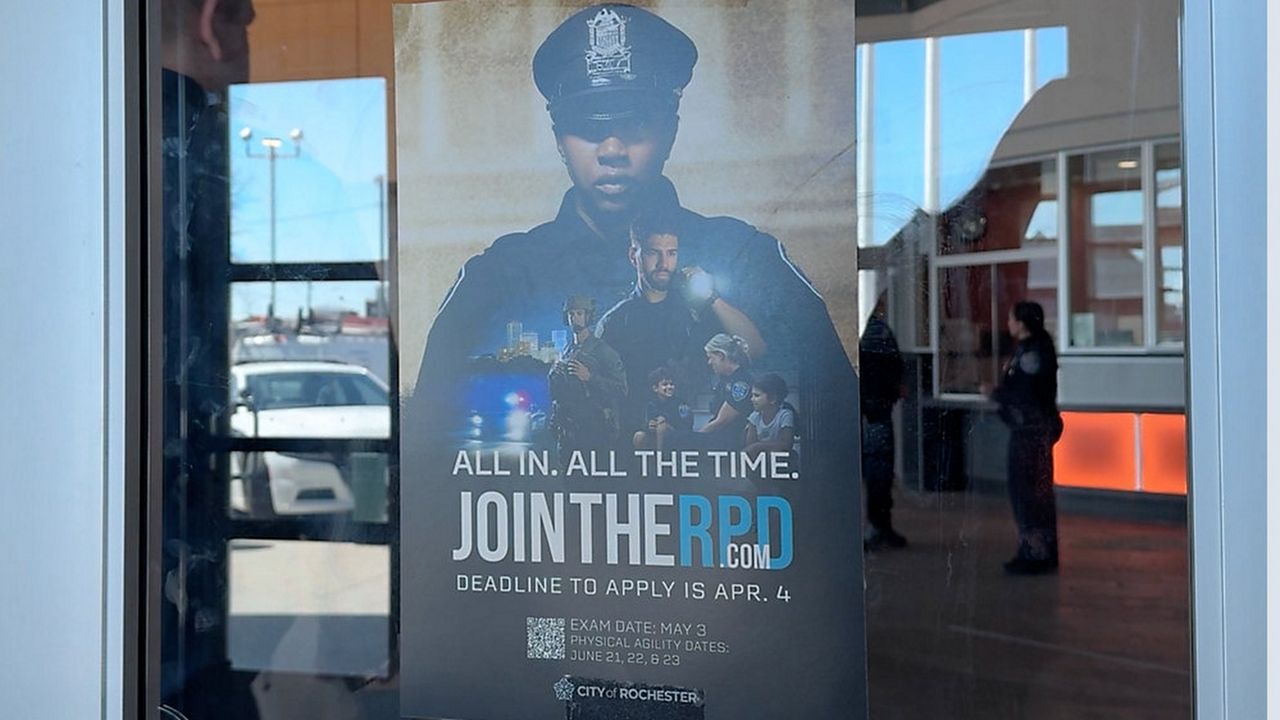ROCHESTER, N.Y. — The Rochester Police Department says the new Employee Wellness and Resilience Unit will not only benefit its officers, but also make a positive difference in the community.
“Healthy cops have a healthy relationship with the community,” Interim Chief David Smith said.
First responders see far more traumatic events than the average person. The officials running RPD’s Employee Wellness and Resilience Unit say trauma can occur all at once, or accumulate over time.
“Trauma, mental health issues, they don't discriminate,” Commander Jeffrey LaFave said. “They don't care where you live [or] what color you are. It affects all of us. And what we're trying to do is build bridges with a community that we can now relate with them better.”
LaFave and Smith say more than 8,000 agencies across the nation have instituted wellness and resiliency programs, and they’ve all seen dramatic decreases in citizen complaints and officer sick time use.
“It’s part of a nationwide thing,” Smith said. “Reimagining policing. Reinventing policing.”
The Wellness and Resilience Unit is about to hit the ground running, led by Officer Matthew Carpenter and Investigator Ebony Brown.
“We cannot stress enough, [when you have] a healthy police officer, you have healthy relationships with the community that you serve,” Brown said. “That's what we took the oath for. That's what we took this job for.”
Next week, 20 auxiliary members will begin training. Later this month, those members will go through trauma certification training – administered by an outside agency.
The entire department will receive formalized education about the program and how it can help.
Then, everyone in the department will go through three days of trauma training.
“The more I'm informed of trauma, the more I'm informed of the symptoms, the effects how this can affect me in my decision-making and my attitude and my physical health, my medical health. It helps me recognize that in others.”
Officers will also be introduced to a smartphone app as part of the program.
“There's 21 different self-assessments that you can take anonymously, privately,” LaFave said. “And when you're done taking that assessment, you can then anonymously confidentiality, with confidentiality message one of the members of our wellness unit.”
“So it's all about making it very easy and open and familiar,” Smith said. “And, you know, the big thing is, we need to take down the shield and admit that we're human beings. And you know, [we are] no different than the people in the community. We're all human beings together.”
Leaders of the unit say the idea is simple – if you are healthier, you are able to do your job better.
“So whatever we have to do to better ourselves, to protect our community and serve our community, that's what we need to do and that's what we're going to do,” Brown said.
“It’s going to help us build better bridges with the community,” LaFave said. “That's the thing that's going to really help us build back trust with the community in general in Rochester.”
“It's a holistic approach that should benefit both the department and the community,” Smith said.
All officers will receive trauma training beginning in March.










